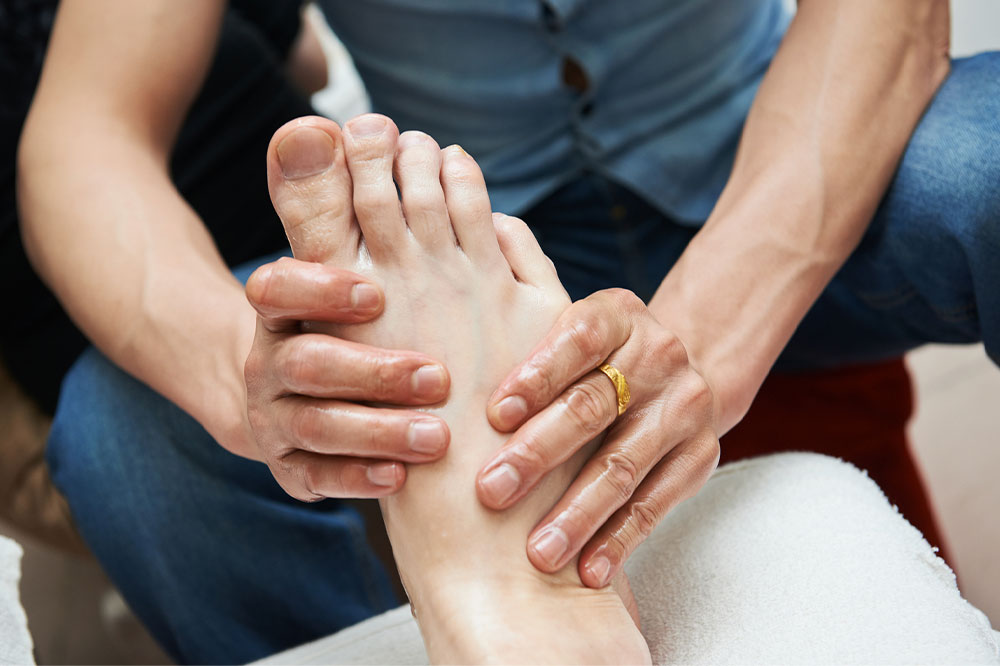How to go about with an effective gout diabetes treatment
Gout is an arthritic condition caused by excessive accumulation of uric acid. It leads to sudden and acute attacks of pain, swelling, and redness in the toe. Gout arthritis often strikes the big toe at first and gradually affects the ankles, knees, hands and wrists. Gout and Diabetes Type 2 often co-exist, with common physical characteristics and conditions such as obesity.
What is the most effective gout diabetes treatment?
There is no particular single method through which diabetes can be controlled, and according to most experts, it is important to undergo various lifestyle changes.

Weight loss: In order to prevent gout and a host of other ill effects of diabetes, it is very important to keep a close eye on the body mass index and the circumference around the waist. According to the National Institute of Health, the size of the waist is an important area when the body mass index of an individual lies between 25 and 34.9. It is crucial to note here that a BMI over 25 is regarded as overweight while that above 30 is obese. So, you should keep the size of your waist below 35 inches in case you are a woman while a man must keep it below 40 inches.
Regular workout: Another important gout diabetes treatment is exercising regularly as it will keep the body weight in check and lower high blood pressure. This, in turn, would lower down the uric acid levels as well as gout pain in the toe. Moreover, it is quite well-documented that regular workout helps in improving gout intolerance associated with Type 2 diabetes. According to experts, you must have 30 minutes of regular activity for at least five days in a week. If you are experiencing acute gout attack or have damage in the joints arising from weight issues, you can consult with your health care provider for the best workout plan for you.
Abstain from alcohol: There is a connection between gout and consumption of alcohol. People who take two to three servings of beer per week are 25 percent more likely to suffer from gout toe pain. And those who take beer every day are at a 200 percent risk. Beer and other hard liquor have considerable effect in increasing the uric acid levels in the blood.
Avoid sugary drinks: Those beverages which are sweetened with sugar or high-fructose corn syrup can increase the chances of developing gout. So, avoiding these foods is an essential part of the gout diabetes treatment. You should also try to cut down calories from your daily meals and shed a few pounds for improving the quality of life.
Opt for gout diet: The function of gout diet is to control the production of uric acid by reducing the consumption of foods that contain high amounts of purines. These types of foods increase the level of uric acid in the human body and include organ meats, liver, and anchovies.
With these few tips, you will not just be able to reduce the blood sugar levels but also get rid of gout pain.


